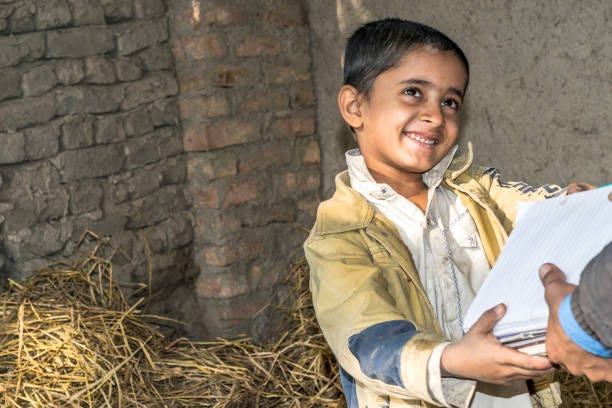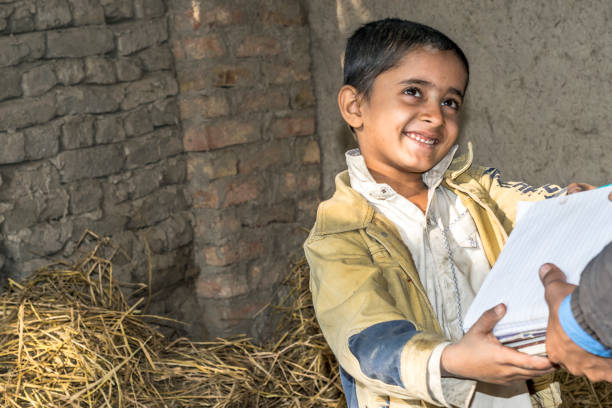Access to quality education is a fundamental right, yet many regions in India still face significant challenges in ensuring equitable educational opportunities. Non-Governmental Organizations (NGOs) are playing a crucial role in bridging this gap by implementing innovative and impactful initiatives. In this article, we will delve into the ways Noida NGOs are working to improve access to education in India, highlighting eight key points that showcase their transformative efforts and their contribution to shaping a brighter future for the country’s youth.

NGOs Are Working to Improve Access to Education in India
1.Establishing Learning Centers in Remote Areas
NGOs are setting up learning centers in remote and underserved areas, bringing education closer to the doorsteps of marginalized communities. These centers provide a conducive environment for learning, enabling children who would otherwise be deprived of education to access quality schooling.
2. Promoting Inclusive Education
NGOs are championing the cause of inclusive education, ensuring that children with disabilities or special needs have equal access to education. They create specialized programs, provide assistive technologies, and train educators to cater to diverse learning requirements.
3. Supporting Girls’ Education
NGOs are working to eliminate gender-based barriers to education. They provide scholarships, create safe spaces, and conduct awareness campaigns to encourage families to send their daughters to school, thus empowering girls with the tools for a better future.
4. Vocational Training and Skill Development
Recognizing that education goes beyond classrooms, NGOs offer vocational training and skill development programs. These initiatives equip students with practical skills that enhance their employability and open doors to various career opportunities.
5. Digital Literacy Initiatives
In the digital age, NGOs are introducing digital literacy programs. They provide access to computers, teach basic digital skills, and enhance students’ technological proficiency, ensuring they are well-prepared for the modern world.
6. Community Engagement and Parental Awareness
NGOs engage with local communities to create a conducive learning ecosystem. They conduct workshops, awareness programs, and sensitization campaigns to involve parents in their children’s education and emphasize its importance.
7. Teacher Training and Professional Development
Recognizing the pivotal role of educators, NGOs invest in teacher training and professional development. By enhancing teaching methodologies and pedagogical skills, they ensure that students receive quality education.
8. Rural Education and Mobile Learning
NGOs are using innovative methods such as mobile learning to reach children in remote rural areas. Mobile education apps and platforms are utilized to provide educational content, overcoming geographical barriers.
Conclusion
The efforts of NGOs in improving access to education in India are instrumental in shaping the nation’s future. By establishing learning centers, promoting inclusive education, supporting girls’ education, providing vocational training, and embracing technology, NGOs are creating a more equitable educational landscape. Their commitment to nurturing young minds, empowering marginalized communities, and fostering a love for learning paves the way for a brighter and more educated India. Through these transformative initiatives, NGOs are sowing the seeds of change, ensuring that every child has the opportunity to fulfill their potential and contribute to the nation’s progress.





Comments